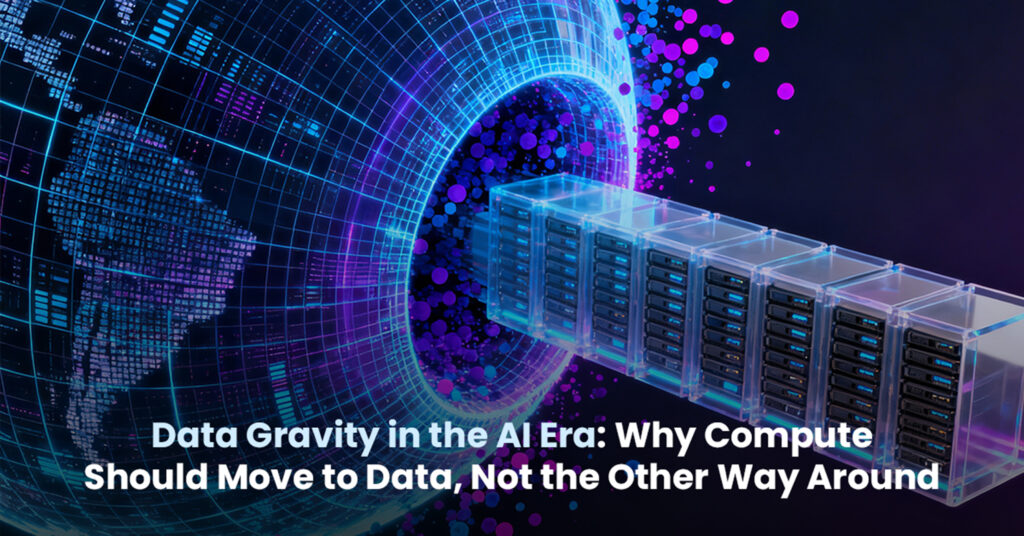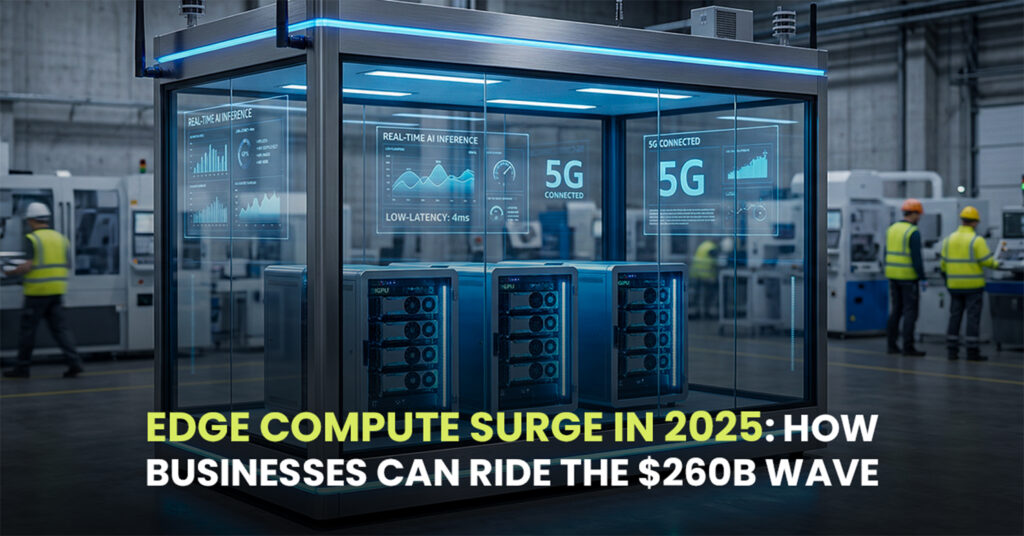In today’s rapidly evolving digital landscape, Artificial Intelligence (AI) is no longer a buzzword it’s an integral part of enterprise operations, helping businesses make smarter decisions, automate processes, and improve customer experiences. However, as AI adoption grows, so do the challenges that come with relying on public AI APIs. Enterprises are realizing that public APIs, while useful, may not be the best long-term solution. Enter private AI inference clouds a game-changing shift that’s reshaping the way businesses approach AI.
Let’s take a closer look at why more and more enterprises are making the shift from public APIs to private AI clouds, and what this means for their AI strategy.
Understanding AI Inference: Public vs. Private Clouds
Before we dive into the shift, it’s important to understand what AI inference is all about. In essence, AI inference is the process where pre-trained machine learning models make predictions based on new input data. Think of it as a decision-making process for AI systems, where models are applied to solve real-world problems, whether it’s identifying a fraudulent transaction or predicting customer behavior.
Traditionally, many enterprises turned to public APIs provided by cloud giants like Google, Amazon, and Microsoft to handle this inference. Public APIs offer a plug-and-play solution: businesses send data to these external providers, which then return the results of AI processing. While this works for many, it also comes with some serious limitations.
In contrast, private AI inference clouds allow businesses to host and manage their own AI models on their own private infrastructure. This means data never leaves the organization’s control and models can be fully customized to meet specific needs.
Why the Shift to Private AI Inference Clouds?
So, why are enterprises opting for private AI inference clouds? The reasons go beyond just avoiding the “cookie-cutter” solutions that come with public APIs. Here are some of the biggest drivers behind the change:
1. Data Privacy & Security
In an age where data is king, it’s no surprise that data privacy is one of the leading concerns for businesses. Public APIs mean sending sensitive data over the internet to external servers, where it’s processed by third-party providers. Even though cloud providers employ robust security measures, it still leaves the business vulnerable to potential breaches or misuse.
Private AI inference clouds, on the other hand, give enterprises complete control over their data. By processing data in-house, businesses reduce the risk of exposing sensitive information, providing a higher level of security and peace of mind. This is especially critical for industries like finance and healthcare, where regulations and compliance are non-negotiable.
2. Customization and Flexibility
Public APIs are often designed to serve a broad range of industries, which means they can’t be tailored to fit the exact needs of a specific business. This lack of flexibility can lead to inefficiencies. Enterprises may find themselves making compromises or working around the limitations of a standardized solution.
Private AI clouds give businesses the ability to fully customize their AI models, tailoring them to solve very specific challenges. Whether it’s adjusting algorithms or integrating proprietary datasets, businesses can create solutions that align perfectly with their unique goals and workflows.
3. Cost Management
While public APIs often offer a pay-as-you-go model, the long-term costs can add up quickly, especially for high-volume inference tasks. Enterprises that rely on public APIs for continuous or complex AI processing may find themselves facing significant recurring costs.
With private AI inference clouds, businesses can reduce these ongoing costs. Owning the infrastructure allows them to manage resources more efficiently and avoid the “tax” of paying per API request. Although the initial investment in private infrastructure may be higher, the financial benefits in the long run especially for large-scale AI applications are often substantial.
4. Performance & Latency
When it comes to AI inference, speed is critical. Enterprises need results in real time, especially for mission-critical applications like fraud detection or customer service. Latency, or the delay between sending a request and receiving a response, can be a significant issue with public APIs, especially when dealing with large volumes of data.
Private AI clouds offer much faster processing times since the data doesn’t need to travel over the internet to third-party servers. By hosting AI models on-site or in a private cloud, businesses can significantly improve response times, enhancing overall performance.
5. Compliance and Regulatory Needs
For many industries, compliance with data protection laws is a top priority. The General Data Protection Regulation (GDPR) in the EU, the Health Insurance Portability and Accountability Act (HIPAA) in the U.S., and other regional regulations impose strict rules on how data should be handled, processed, and stored.
Public APIs may not always meet these requirements, especially when it comes to data sovereignty (where the data is physically located) and the ability to audit and control processing. Private AI inference clouds give businesses more control over compliance, ensuring they meet industry-specific standards without relying on a third-party provider to manage sensitive data.
The Challenges of Public APIs
While public APIs have their advantages namely, ease of use and quick deployment they come with a host of limitations. For one, security risks are always present when sending data to external servers, especially if that data contains sensitive or proprietary information.
Scalability can also be a concern. As AI applications grow and the volume of data increases, public APIs may struggle to keep up, causing performance issues. Moreover, relying on an external provider means businesses have limited control over how and where their AI models are deployed.
Finally, public APIs often offer little flexibility in terms of customization. Enterprises may be stuck with pre-built models or algorithms that don’t perfectly align with their specific needs.
Real-World Success Stories: Private AI Inference in Action
Enterprises that have made the shift to private AI clouds are already seeing impressive results. For example, a financial institution that adopted private AI inference to handle fraud detection saw a 40% improvement in detection accuracy and reduced latency from several seconds to milliseconds. By customizing their AI models to meet their specific needs, they also reduced false positives, saving time and resources.
Similarly, healthcare providers have leveraged private AI clouds to enhance diagnostic models. By processing medical data in-house, these organizations can secure patient data, customize algorithms for better accuracy, and ensure compliance with healthcare regulations all while improving operational efficiency.
The Future of Private AI Inference Clouds
Looking ahead, hybrid cloud solutions are emerging as a popular option for businesses that want to combine the benefits of both private and public AI. These solutions allow enterprises to keep sensitive data in a private cloud while using public clouds for less critical tasks. As AI technology continues to advance, the integration of edge computing, 5G networks, and advanced analytics will further bolster the capabilities of private AI clouds, making them even more powerful and scalable.
Conclusion: A Game-Changer for Enterprises
The shift from public AI APIs to private AI inference clouds is a significant step in the evolution of AI in the enterprise world. With better control over data, improved customization, and lower long-term costs, private AI clouds offer businesses a more secure, efficient, and flexible solution for their AI needs. As the technology continues to evolve, more enterprises will likely follow suit, adopting private AI inference clouds to stay ahead of the curve in an increasingly competitive and data-driven world.
The future of AI is private, secure, and highly tailored, making the move to private inference clouds not just a trend, but a critical strategic decision for businesses looking to leverage AI for long-term success.



